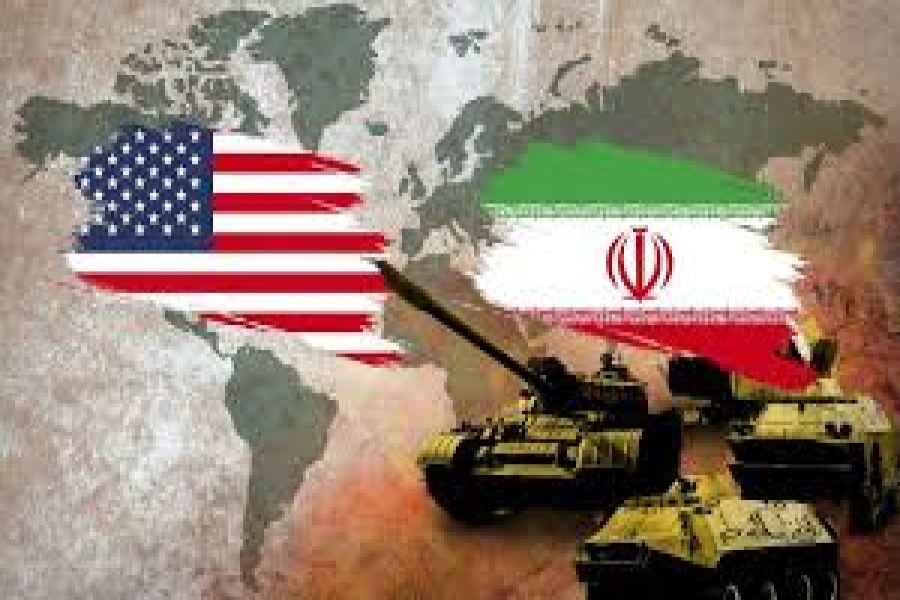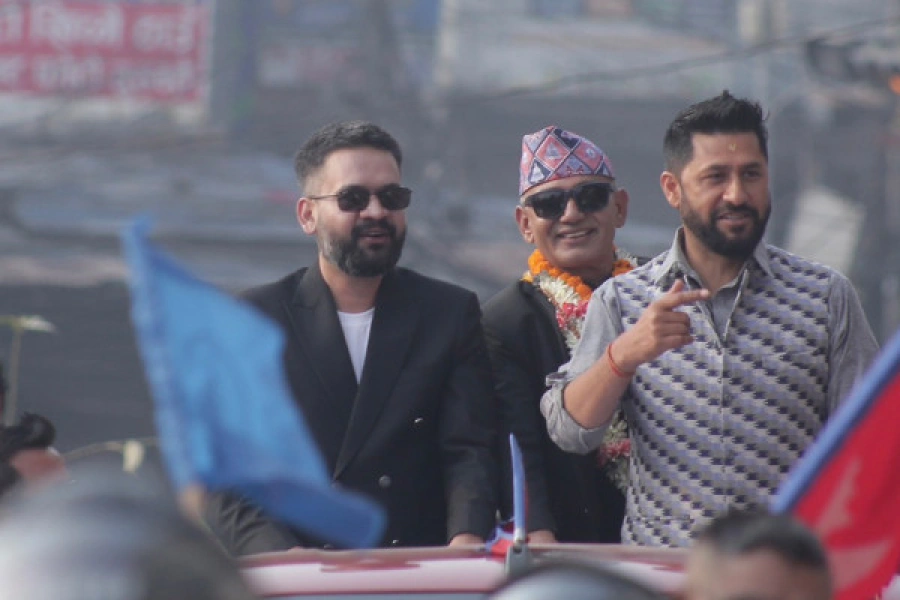It seems like every time I abstain from using social media for more than eight hours, something drastic and terrible happens. When the US-Bangla plane crashed in Kathmandu, I was busy at work and was away from social media. In another incident of local protest in Kathmandu, my news feed was bombarded with what seemed to be reminiscent of 2005 mass movement, with water nozzles spraying jets of water onto incoming peaceful protestors, firing of tear gas and mobilization of crowd control police. All that seemed to bring back struggles of the past, that too at a location at the heart of the aftermath of the revolution. Being an engineering student, I was torn in between the two for I could neither forsake the development that was being trumpeted nor turn a blind eye to the mass relocation of native Newari community. As I battled between the two sides, more news started to trickle down illuminating the hidden facets of the conflict.
Heart To Heart with Sadichha: Narrowing the Generation Gap

So I did what any college educated guy would do. I set out to form my own opinion and not reach to conclusions in this area of fake news, as recent scandals have shown not everything that appears in your news feed has to be true. It took only about ten minutes to realize that the notion of wider roads solving the problem was a myth, a misconception of sorts. Now, let’s imagine the lane of a very congested road was doubled or tripled even. The road that you ignored at all costs now becomes one of your favorites to travel on. And like the common sense predicted, the commuting time is far more reduced than what it used to be. So you start to frequent the path and for some weeks or months the common logic seems to hold true but somehow the congestion starts to take hold. But how should it be? Shouldn’t wider road mean less traffic? Apparently not! The same reason you opted for the expressway drove many to do so too resulting in the congestion you so dreaded to avoid.
Now, another reason put forward by the establishment is to develop the city. And this reason too failed to stand its ground. We see many European nations have developed while preserving the soul of the city. While protecting the history, they have transformed cities into tourist destinations. A city known as ‘city of temples’ and ‘city of maze’ can’t drive tourists if its identity is chipped away, encroached upon in the name of development. True that development means more connections but more roads don’t necessarily mean more development. We live in a nation where traffic is cleared for VIP while ambulance, fire brigades are relegated to wait out among its peers.
Thus, what we need isn’t wider roads but roads that maximize return without trading off on the relocation of native population. For what good is the road that bridges places at the cost of creating division among the people? Instead of focusing on road expansion, the government should focus on improving the already existing facilities like breaking the choke hold syndicate has on them, and initiating and institutionalizing government-owned transport system. For instance, the government needs to support Sajha Bus, promote public transport, declare four wheeler free-zones, invest in smart traffic lights and initiate one way routes. But what it shouldn’t focus on is sowing division among the people all in the name of development. For as history has made it abundantly clear, the power that giveth can taketh away.







































